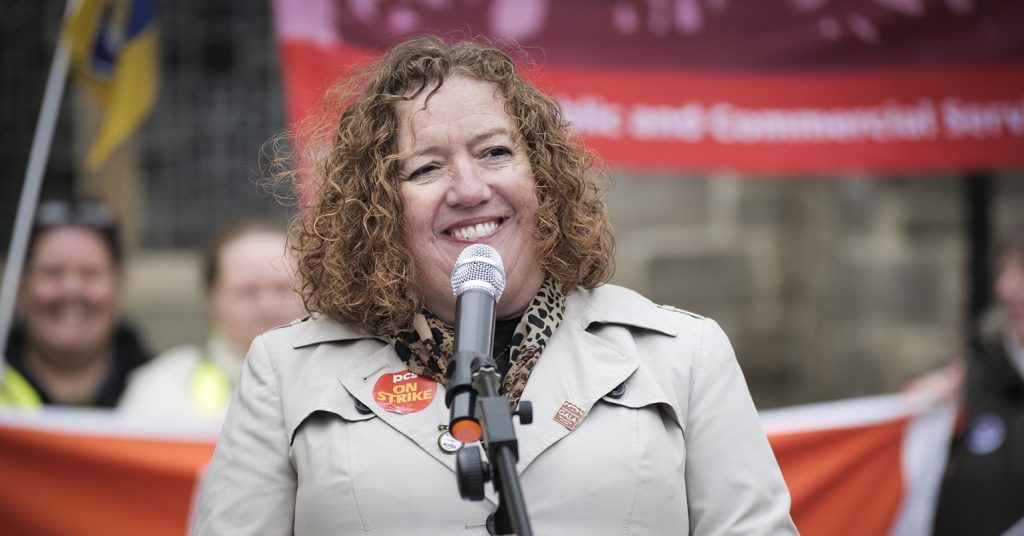Interview with Theo Simon – Trade Union Liaison Officer candidate for GPEx
 Throughout August, members of the Green Party for England & Wales will be voting to elect members of the next Green Party Executive (GPEx). In all, members will vote to determine which representatives will carry out eleven different roles – including that of leader and deputy leader. There is also a ballot to determine who will be the party’s third member in the House of Lords should the party be asked to put forward another peer.
Throughout August, members of the Green Party for England & Wales will be voting to elect members of the next Green Party Executive (GPEx). In all, members will vote to determine which representatives will carry out eleven different roles – including that of leader and deputy leader. There is also a ballot to determine who will be the party’s third member in the House of Lords should the party be asked to put forward another peer.
Theo Simon (member of Unite, and Green parliamentary candidate for Somerton & Frome) will stand for the role of Trade Union Liaison Officer. From today, he will face Kefentse Dennis (Birmingham Green Party activist) and the job share team of Matthew Hull (current treasurer of the Young Greens) & Paul Valentine (current GPEx trade unions liaison officer).
We asked each of the candidates five questions on their background and what they would seek to achieve on GPEx. Here are Theo’s responses.
What do you think are the main challenges currently facing the Green Party, and how would you work to overcome them?
Fundamentally, we’re facing the same challenges every human being faces right now: How do we hold the world together, survive on a personal level, and ensure that we survive collectively too? We are fighting for our lives. We have the answers to many of the questions and the world is ready to hear them, now more than ever. But our specific challenge is to establish our immediate practical relevance to people’s everyday lives, outside the electoral cycle, and to look like a viable, unifying leadership in our communities and nationally.
It’s essential at this pivotal moment that we are an outwardly focussed party seeking new points of connection with the daily struggles of people in their workplaces – people whose working lives are restricted by unemployment, disability, or discrimination; domestic carers and working class community organisations. We also need to make the party relevant to the everyday lives of our members, so that they naturally engage with our policy making and internal organisation and become active participants rather than paper members. This will probably involve some reforms to our democratic processes, but that’s a policy issue and not for GPEx to determine.
The Green Party must be seen at every level to be working for practical and urgent steps to establish resilience, end ecocide and deliver economic equity for all. We should not shy away from championing the interests of the working class, or pretend that we are above class politics. Most Green Party members may be “middle class”, but the imminent social and economic turmoil will put us in the same precarious boat as the working majority, and we will need a strong movement of organised labour to fight for our economic survival and defend our rights and liberties.
What skills do you bring that would make you an effective member of the executive?
I will bring my 30 years experience of campaigning, planning complex Direct Action operations, and resolving tensions and conflicts between different campaigns and demands. My mission is movement building, clarity of direction and a culture of common purpose. I’ve also kept a successful band together for 20 years – which is no mean feat. I work in a small business team where each employee takes responsibility for the whole, including the financial overview, and I teach non-judgemental listening partnerships, believing that all people have insights that must be expressed and respected.
GPEx needs to be more of an Executive and less of an Obstructive. Internal processes exist to serve decision-making, not the other way around. My impression is that beneath the smiley surface, different partisan currents between GPEx members have been frustrating clear thinking and action. Where we have any major disagreements, we should strengthen the places we do agree, and not allow those disagreements to define our relationship or limit our cooperation. We need to model this for the broader society – how to build solidarity in the face of the double existential challenge of economic and ecological breakdown, while keeping open a culture of robust and honest discussion. I think we can learn a lot from the traditions of organised labour in this respect.
Primarily, GPEx members should strive to uphold the 7 “Nolan principles” of Public Life – Selflessness, Integrity, Objectivity, Accountability, Openness, Honesty and Leadership. This requires a real conscious effort, because we have all picked up the habits and prejudices of the prevailing competitive society around us.
What is your experience in trade union organising and working with trade unions in external organisations?
I was an NHS Shop steward in Plymouth for 2 years and then a TGWU organiser for youth trainees. I am currently a national delegate for the Mendip Trades Union Council. I attend meetings of my Unite Manufacturing section where members welfare and issues such as support for strike action are planned and discussed. So I understand the day to day work of unions. Through being on the local Trade Council, I also get to hear from other unions and sectors too.
I have experience organising solidarity work across sectors and social movements and between diverse campaigns – with striking Welsh miners, Liverpool dockers, and the Vestas factory occupation in 2010. As a musician in a campaigning band for 20 years, I also have involvement with union events through benefit gigs, occasional union parties and labour movement festivals. I have also had limited international interaction touring with the steelworkers and small and family farmers unions in the USA, at the time after the Seattle protests when serious attempts were made to form alliances between labour, farmers, students and environmentalists.
How do you see the relationship between the Green Party and trade unions being strengthened?
We shall strengthen our connection with unions by creating a network of active union liaison officers at branch level across the country, and by an actual union membership drive within the party. I intend to work with regional and national Trade Council members to see if we can facilitate worker-led planning of Just Transition initiatives. At a national level, Green Party leadership needs to show up and speak up wherever Green voices and perspectives intersect directly with union interests – e.g. when the issue of “Just Transition” has been or could be raised. For instance, the Rolls Royce lay-offs or the Harland and Wolff shipyard occupation. Also in relation to Emergency services and all resilience issues.
What current trade union struggles would you like to see the Green Party acting in solidarity with?
We must be strategic with time and resources, and also flexible at this time. New campaigns which are urgent for workers will be emerging as furlough schemes and other government supports are withdrawn this Autumn, and we must respond to these. I will work with UNISON, Green Party Women and Green Councillors to promote UNISON’s Ethical Home Care Charter for workers in the domiciliary care sector, whose essential work faces intolerable levels of exploitation, alongside the entire social and healthcare sector.
Our primary focus should be on building branch level connections with unions and sharing intelligence. My campaign is to ensure that local union struggles get local support from members, to increase members’ awareness of the central role played by organised labour, and to develop a network of green solidarity. Overall, and nationally, our new leadership should be raising calls for a Just Transition, workplace “green plans” and Environmental Reps with the same status as Health and Safety Reps.
This interview is part of a series with each of the candidates in this year’s GPEx elections. You can find Bright Green’s full coverage of the elections here.
PS. We hope you enjoyed this article. Bright Green has got big plans for the future to publish many more articles like this. You can help make that happen. Please donate to Bright Green now.




Leave a Reply